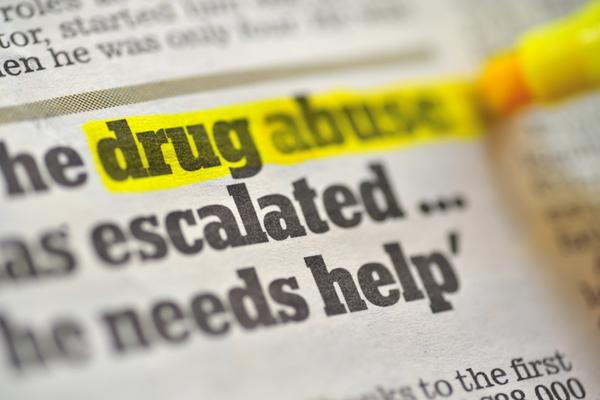Addiction is most associated with substance misuse or dependency. It is a complicated disease that involves an over-reliance on a particular activity or object. Thus, an addiction could be to a substance like alcohol or prescribed or illegal drugs or an action like gaming or shopping. In the context of this article, we will limit our definition to the most popular description of addiction, that is, drugs and alcohol. Chemical dependence can result in many psychological, physiological, and even personal problems. In some instances, these issues become permanent and can only be managed for the rest of the individual’s life. In other situations, proper addiction rehabilitation may prove a way out of that crisis. 
Psychological Issues Resulting from Addiction
It is commonplace that the abuse of alcohol and drugs result in an unbalanced mental state in many people. For some, it amplifies a preexisting mental health condition like depression and anxiety. For some others, alcohol and drug addiction set off the psychological issue. This effect is mainly ascribed to psychoactive substances like alcohol, cocaine, and heroin which significantly impact the brain and nervous system. These substances induce feelings like loneliness, depression, and confusion/delirium in the user once the high has worn off. Sometimes, suicidal thoughts may set in.
Physical Issues Associated with Addiction
Aside from mental health challenges, substance misuse also negatively affects the body systems and organs. For example, continuous heavy drinking is well known to cause liver cirrhosis or even liver cancer. Other impacts of chemical dependency on the body include opiate-induced constipation and damage to the nasal cartilage. The latter ensues when people frequently snort powdered drugs, and for those who take intravenously, arterial injury and possible infection are not far off. Another potent problem of addiction is the possibility of an overdose. Once an individual gets too reliant on a substance, taking it in measured doses may not always happen. For illegal drugs, the concept of doses does not even exist. Therefore, that person may consume more than the body can handle in a single instance, putting their lives in danger. Cardiovascular health is also threatened by substance dependency. Many drugs, for instance, cause alterations to the heart and circulatory system. These effects include unusual heart rates and spikes in blood pressure. Such impacts may eventually send the individual into a coma or a fatal end.
Personal Problems that Addiction Can Cause
Addiction also causes issues of a personal kind. The most significant example is the damage to relationships. Often, those who misuse alcohol and drugs hide it from loved ones which causes them to feel isolated and lonely but unable to stop. The discovery of the addiction often leads to a falling out, and many relationships between spouses or parents and children have been broken because of chemical dependency. Work relationships are not left out as bosses and employers find it hard to trust a subordinate or employee who struggles with addiction. Financial constraints also arise as individuals splurge money on alcohol and drugs rather than meeting financial obligations. In reality, all three areas where addiction cause problems are never isolated but always blend into one another. Thus, getting help is necessary for sober, problem-free living.
Breaking Free from Addiction
The way to becoming free from addiction is through rehabilitation treatment. Getting such care in a licensed recovery center helps individuals reclaim their lives from the complications of addiction. Evoke Wellness is a network of accredited treatment facilities with multiple qualified and experienced staff who administer help for addiction recovery. The rehab center provides various treatment programs, all geared towards seeing the specific individual heal and live in sobriety. For more information, contact the facility today.


